Loading the player...
Overcoming Treatment Resistance in Breast Cancer
Researchers determined that sequencing drug therapy in a very specific temporal order allowed for the best reduction in tumor burden and an increase in survival among highly aggressive cancers, like triple-negative breast cancer.
In these highly aggressive cancers patients are given taxanes and anthracyclines.
"But we would still find residual cancer populations," Aaron Goldman, PhD, faculty member at Harvard Medical School and director of the drug resistance group at Brigham and Women's Hospital who focuses on drug resistance in various cancers, said.
"We found that cancer cells will change their metabolic phenotype. This occurs through scaffolding of proteins within the cell, changes in utilization of glucose and remodeling of kinase and protein signaling pathways," Goldman said.
This result is distinct from the Warburg Effect, he added.
They integrated the research with mathematical modeling and developed a sequencing of therapy.
Ex vivo and in vivo models validated that sequencing of drugs in a very specific order would allow for the best reduction in tumor burden and increase in survival.
Video Content: Brighman and Women's Hospital
Video Source: EurekAlert
In these highly aggressive cancers patients are given taxanes and anthracyclines.
"But we would still find residual cancer populations," Aaron Goldman, PhD, faculty member at Harvard Medical School and director of the drug resistance group at Brigham and Women's Hospital who focuses on drug resistance in various cancers, said.
"We found that cancer cells will change their metabolic phenotype. This occurs through scaffolding of proteins within the cell, changes in utilization of glucose and remodeling of kinase and protein signaling pathways," Goldman said.
This result is distinct from the Warburg Effect, he added.
They integrated the research with mathematical modeling and developed a sequencing of therapy.
Ex vivo and in vivo models validated that sequencing of drugs in a very specific order would allow for the best reduction in tumor burden and increase in survival.
Video Content: Brighman and Women's Hospital
Video Source: EurekAlert
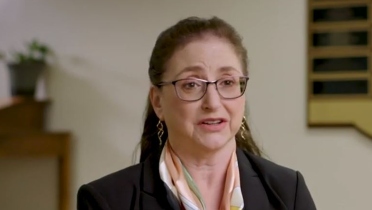
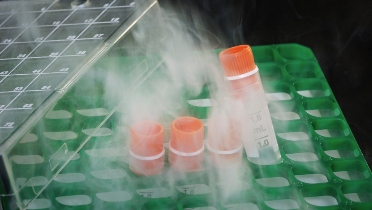

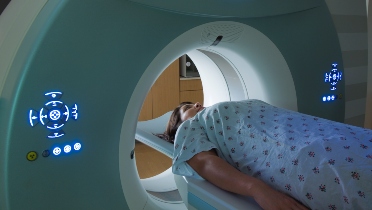





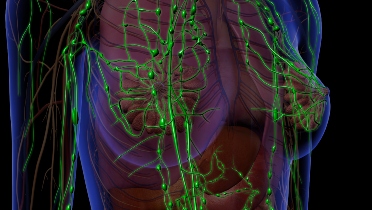


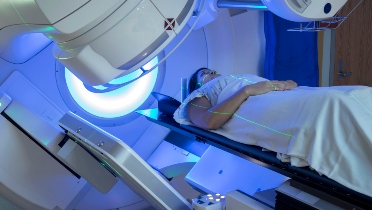


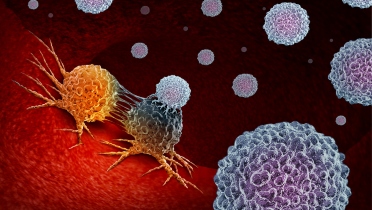
.jpg)
.jpg)
.jpg)
.jpg)

.jpg)
.jpg)
.jpg)
.jpg)
.jpg)

.jpg)
.jpg)
.jpg)
.jpg)

.jpg)
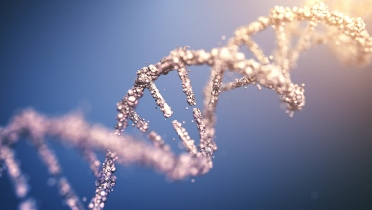
.jpg)

.jpg)
.jpg)
.jpg)
.jpg)
.jpg)
.jpg)
.jpg)
.jpg)
.jpg)
.jpg)
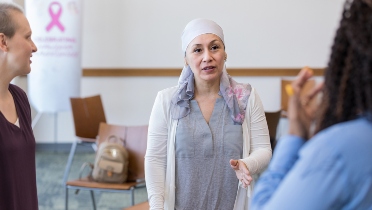
.jpg)
.jpg)
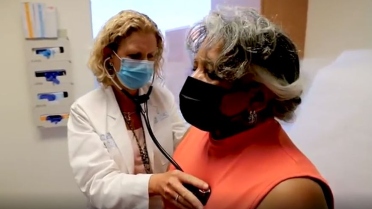
.jpg)
.jpg)
.jpg)
.jpg)
.jpg)
.jpg)
.jpg)
.jpg)
.jpg)

.jpg)
.jpg)
.jpg)
.jpg)
.jpg)
.jpg)
.jpg)
.jpg)
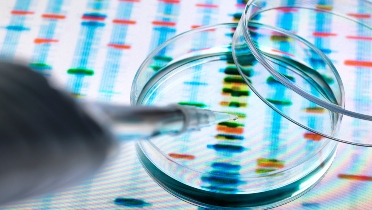


.jpg)
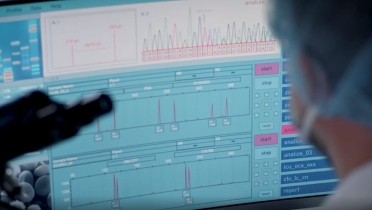
.jpg)




.jpg)

_.jpg)
.jpg)
.jpg)
.jpg)
.jpg)
.jpg)
.jpg)
.jpg)
.jpg)
.jpg)
.jpg)


.jpg)
.jpg)

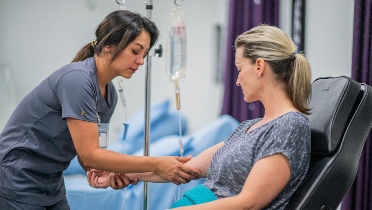
.jpg)




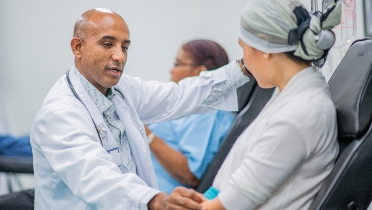
.jpg)
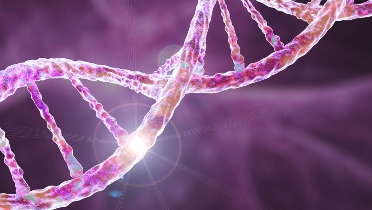
.jpg)
.jpg)
.jpg)
.jpg)
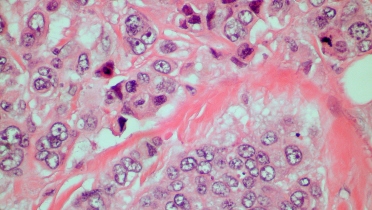
.jpg)
.jpg)
.jpg)
.jpg)

.jpg)
.jpg)
.jpg)
.jpg)
.jpg)

.jpg)
.jpg)

.jpg)
.jpg)
.jpg)
.jpg)
 Featured Breast Cancer Videos
Featured Breast Cancer Videos.jpg)